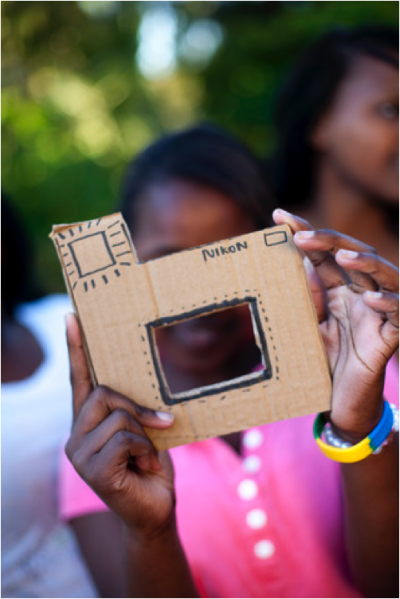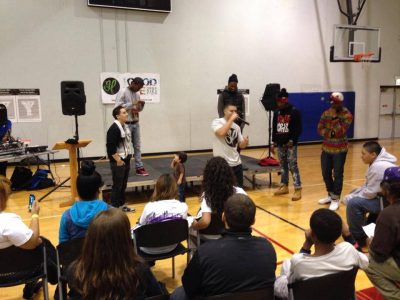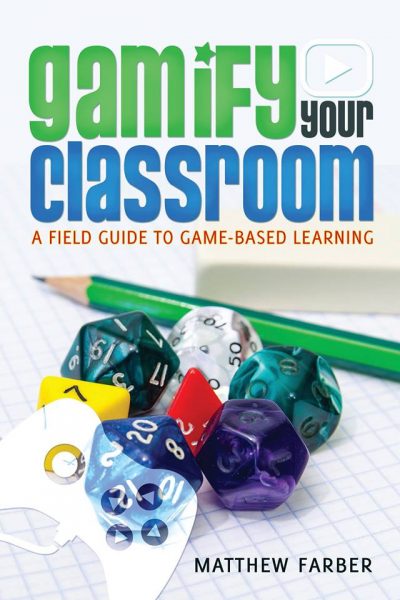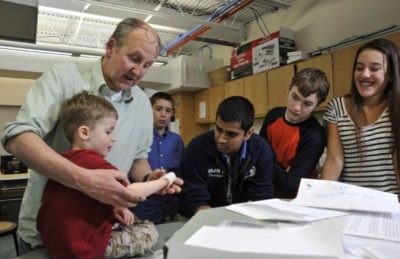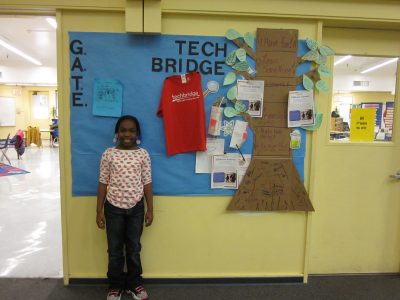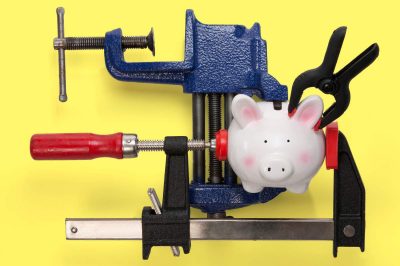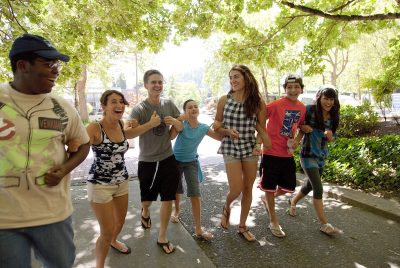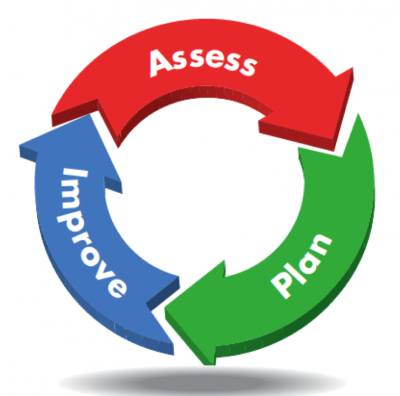Breakfast Club Blog

The BOOST Breakfast Club Blog is a curated space where bloggers from around the world contribute content on a continual basis about a variety of topics relevant to in and out-of-school time. The BOOST Breakfast Club blog is at the heart of an ongoing dialogue where expanded learning and education professionals share their personal thoughts and stories from the in and out-of-school time field. They also tell us what they ate for breakfast!
The BOOST Breakfast Club Blog is Brain Food for In and Out-of-School Time Leaders!
Interested in becoming a blogger? Email [email protected]
Click here to Register for a free account or click here to Login to your existing account.
Addressing Food Security in your Expanded Learning Program
Think about all of the meals that you ate today. Did you have to think about: 1. Did you eat today? 2. Did you have enough to eat today? 3. What would you like to eat today? 4. Or did you not even think about food as you may eat whatever you like whenever you like? Many of the students that we serve in our Expanded Learning programs answer different questions than the ones we probably answered. More and more students rely on the food that is being served in school cafeterias all across the natio...Read More
Photography Can Transform Perspectives
Asia Society and BOOST Collaborative are partnering to create a series of blogs on global learning in out-of-school time. This month features MaryBeth Jackson, Founder and Director of The Viewfinder Project. This blog entry was orginally published on EdWeek’s Global Learning Blog. Children today have a lot of information to sift through and discern. The media bombards them with images and information, some positive and encouraging, some not. The more time children spend with media, the mo...Read More
Hip-Hop(e): Engaging Youth with Social & Emotional Learning
Some community leaders and I were in shock when teens in our after school hip-hop leadership program came in and told us that they felt like absolute failures at school. The disillusionment came about because these were the same youth who were presenting at regional conferences with Congress members, and opening up for international hip-hop acts. These young people, primarily young men of color, were telling us that they were treated like they were stupid at school, and constantly singled out an...Read More
Inside the “Magic Circle” of Game-Based Learning
Children—and adults, too—enjoy playing games. Doing so is not just fun; playing games is intrinsically engaging. Game play is satisfying work. The fact that games can be used to teach is considered a trend in education; yet, its utility as a teaching tool has been around for well over a millennia! King Tut was entombed with the board game Senet, a game about the afterlife (Senet means passing). Germany used the Chess-variant Kriegspiel to learn battlefield strategies prior to World War I. Snakes...Read More
Project-Based Learning (PBL) in Out-of-School Time
Projects that unfold outside the regular school day create opportunities for students to explore personal interests, tackle challenges, build new skills, and sometimes even improve their communities in the process. I’ve seen students use this rich learning time to monitor local air quality, invent devices to improve life for children with disabilities, design digital games and apps, and run their own multimedia publishing centers. “It’s all about what kids want to do,” on...Read More
How to Keep Applications from Keeping Kids Out
When I write a blog it’s usually when I’ve reached a point where I’ve figured something out, or at least enough about something to feel that I’m ready to share “what works.” This time I am trying something different. I am writing because I have a question that I don’t know the answer to and a challenge that I am trying to figure out. We all have to administer paperwork in our after-school programs. We need the families of our kids to complete application...Read More
Investing in Quality With Increasing Costs
As after school leaders, we are used to begging and borrowing, making a lot out of a little, and operating at beyond peak levels of productivity to make our programs the best they can be for our students and their families. We want to get the most out of our budgets and that is a good thing—but there are limits. Our after school programs have evolved so much in the past decade. They have moved from programs that provide academic enrichment, homework support, active recreation, and clubs to even ...Read More
Leveraging Wellness to Help Children Think Global and Act Local
Although the facts are alarming, conveying the importance of wellness to children can be challenging. Childhood obesity has almost tripled in children and adolescents in the past 30 years and today approximately one out of three children and adolescents in the United States is overweight or obese. Even more alarming, there are significant racial and ethnic disparities in obesity prevalence among U.S. children and adolescents. Research shows a strong link between a young person’s practice o...Read More
The Value of the Field Trip
One of my many responsibilities, along with coordinating and maintaining an afterschool program, is to oversee the organization’s field trips. When I was first given this task, I looked at it as more of a side responsibility or least as not requiring as much intentionality as that of the day-to-day happenings of the program. It was not until after I experienced a few of these outings through the eyes of a young person that I truly saw the value of a field trip. Our organization does at lea...Read More
Positive Youth Development & Continuous Quality Improvement
In adolescence I disengaged from my education. While I had no problem making grades, I did not perceive relevance in my education. My peers and I considered ourselves socially conscious but we did not have a positive outlet to put our energy into. Luckily… I continued on to higher education. This is when it all changed. I pursued my own interests and became enthusiastic about learning. I participated in extra curricular activities including my first youth work experiences. I found my calling. Th...Read More


